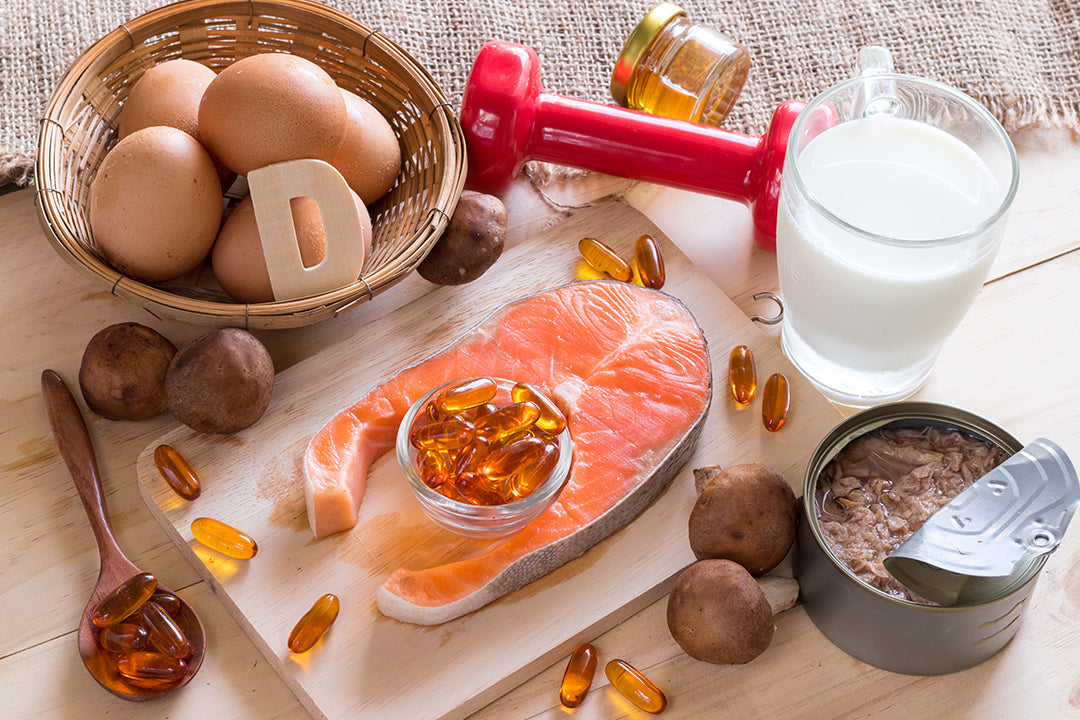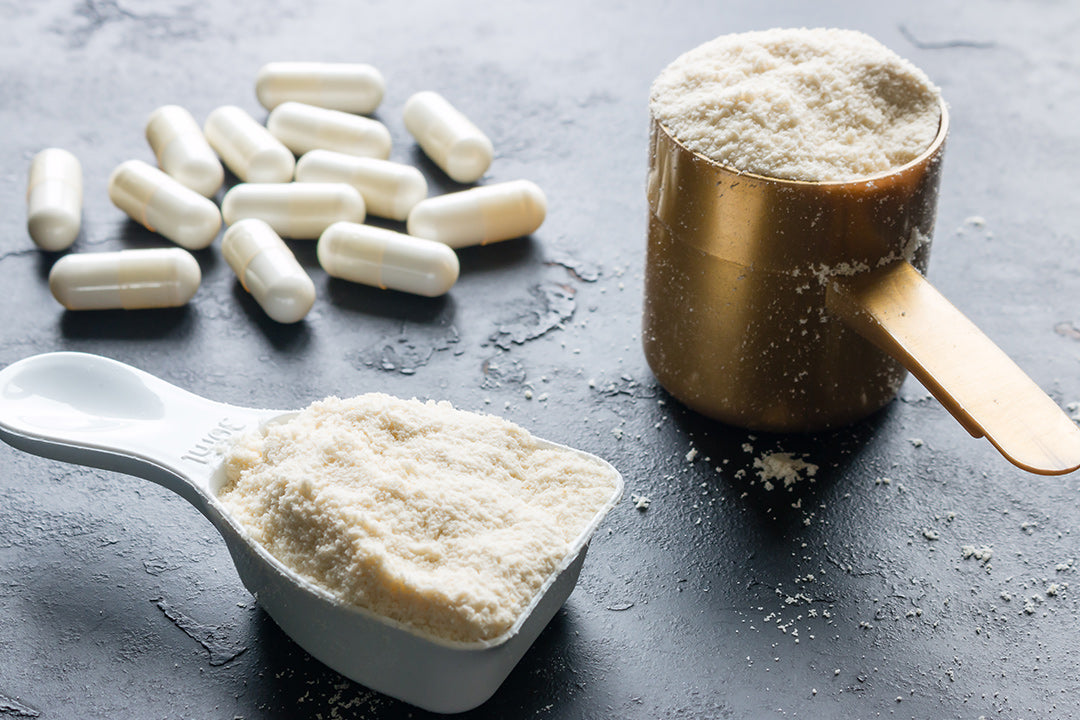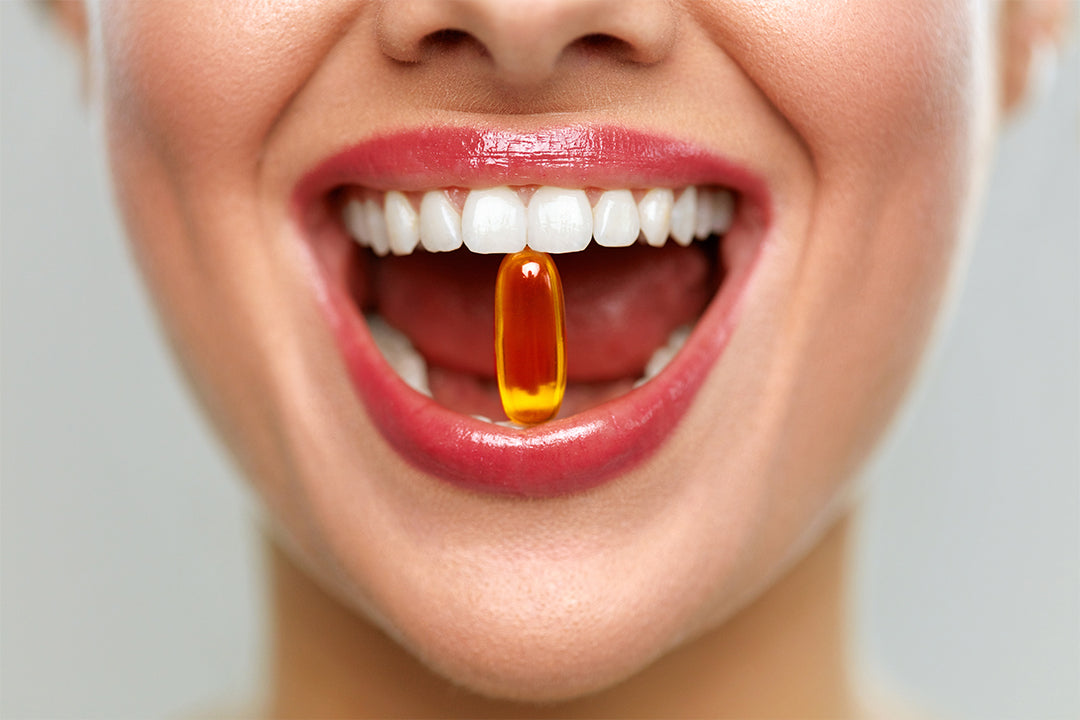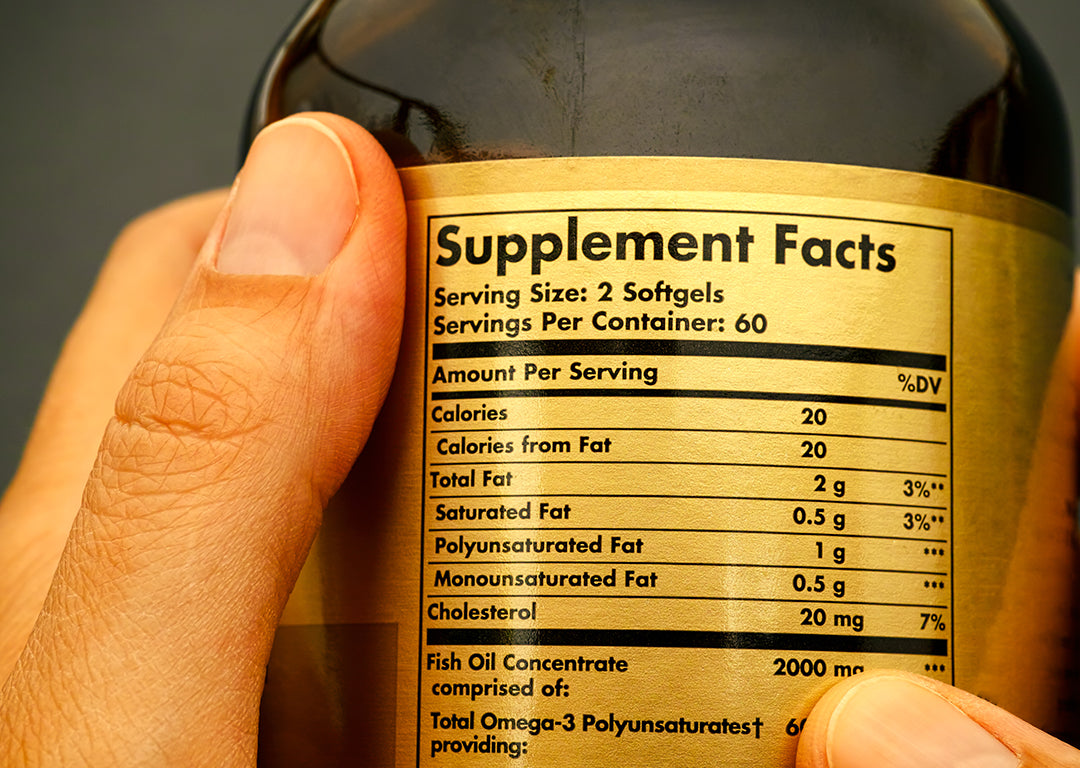
- Oct 08, 2020
- 0 Comment(s)
Probiotics and Pregnancy: All You Need to Know About Taking Probiotics While Expecting
By Meaghan Lehrer
When you’re pregnant, suddenly everyone you’ve ever known (as well as random, extremely inappropriate strangers for some reason) decides they just need to put in their two-cents. Anyone who has ever been pregnant knows you get some pretty weird advice along the way, which can be pretty overwhelming and confusing. Combine all of that unsolicited advice with the mounds of misleading information via mommy blogs on the web, and first-time mommies are left scratching their heads, wondering what on earth is nonsense and what’s the truth.
Is this okay to put in my body? Can this potentially cause my baby harm? Because at the end of the day, your number one priority is keeping your baby healthy and nourished as they grow, and much of doing so requires you to keep yourself healthy and nourished along the way.
Research has suggested that probiotics supplements for women can and should be consumed before, during, and after pregnancy to support a healthy and balanced gut. A healthy gut helps women defend against pregnancy and birth complications. According to Ryann Kipping RDN, founder of The Prenatal Nutritionist and author of The Feel-Good Pregnancy Cookbook believes probiotics are both safe and healthy to consume through food and supplements throughout the whole pregnancy.
But, before we dive into the benefits of taking probiotics while pregnant, let’s go over some basics. Probiotics are living organisms, bacteria or yeast, that exist in foods like yogurt, kefir, and kombucha. When taken properly and at a reasonable dosage, probiotics can positively impact your overall health.
Most people are trained to think that bacteria equals “bad.” Yes, certain “bad” strains can lead to infection and disease, and anyone who has ever contracted something as painful as a UTI will shudder at the word bacteria. But probiotics are the “good” bacteria, and they work to keep your gut healthy and strong by guiding digestion and allowing our bodies to best absorb nutrients in the foods we eat. According to the National Center for Complementary and Integrative Health, probiotics can help prevent diarrhea caused by infections or antibiotics and improve irritable bowel syndrome symptoms. Other potential benefits include helping alleviate allergy symptoms, oral health, and managing colic in infants as well as strengthening their immune systems long before they’re even born.
With all of those potential benefits, it’s certainly worth exploring your probiotics options. Here’s what you need to know about taking probiotics while pregnant.
Reduce Morning Sickness
Ah, morning sickness. It can strike at any moment, or even last all day long, which is pretty annoying if you assumed it only happened first thing in the morning and made plans for later on the day. Luckily, the vomiting and nausea usually only lasts through the first trimester.
But for those very long first three months, probiotics can significantly help with stomach sensitivity. Taking probiotics balances the “good” and “bad” bacteria in your gut. B. lactis HN019 has been shown to reduce nausea in non-pregnant women, increasing energy levels while simultaneously increasing the levels of friendly bacteria.
Aid With Digestion And Constipation
Since probiotics help the stomach break down carbs, fats, proteins, and fiber, people turn to them for help with uncomfortable digestive issues such as constipation or heartburn. Pregnancy causes hormones to fluctuate and for progesterone levels to rise, which can lead to chronic constipation. Instead of turning to harsh pharmaceutical laxatives that can lead to a lazy gut if taken long-term, taking probiotics to aid with these digestive issues can gently solve these problems without becoming habit-forming.
Bifidobacterium lactis HN019 has been highly researched and shown to improve constipation while also supporting a range of other gastrointestinal issues that cause discomfort.
Bifidobacterium lactis BB-12 has been shown to ease constipation by increasing the number of daily bowel movements.
Preeclampsia Protection
A 2018 Norwegian study in BMJ Open Medical Journal and another study published in the Journal of Allergy and Clinical Immunology in 2015 found that drinking probiotic milk while pregnant can reduce preeclampsia risk.
This pregnancy complication is the cause of death for 10 to 15 percent of women worldwide and occurs when you have high blood pressure and possibly protein in your urine during pregnancy or after delivery. Probiotics reduce the risk of this complication because they reduce the inflammation in your intestines, which can, in turn, lower your blood pressure.
Strengthen Your Baby’s Immune System
Unfortunately, in certain situations, women don’t have much of a say whether their baby is born via c-section or vaginally. While vaginal birth offers several health benefits for the baby, emergency situations can prevent a mother from going that route. There are pros and cons to each birth method, but whether your baby is born vaginally or via c-section, consuming probiotics can help increase their overall immunity.
Studies have shown that certain probiotic strains, such as Lactobacillus rhamnosus (HN001), taken during the last trimester and early breastfeeding, support the child’s developing immune system.
Additionally, a 2015 study by the International World Allergy Organization found pregnant women who were at high risk of having a child with allergies were more likely to reduce the child's risk of developing allergies if they took probiotic supplements during pregnancy and while breastfeeding.
Better nutrient absorption
This should go without saying, but what you eat affects your baby. Mothers who eat an unhealthy diet during pregnancy may be putting their children at risk of developing long-term, irreversible health issues, including obesity, and raised cholesterol and blood sugar levels. Ensuring your gut is in good health will help your body absorb nutrients more efficiently. And when you’re getting the best nourishment possible, your baby will, too.
In 2016, a study evaluated the effect of high-dose probiotics in women during late pregnancy, focusing on their breast milk composition and how breast milk differences can affect stool samples in newborns. This double-blind, placebo-controlled, randomized trial found there were decreased incidences of infantile colic and regurgitation and improved gastrointestinal function in the infants whose mother received the probiotics daily.
Choosing a Probiotic
According to the Cleveland Clinic, in order to be a true probiotic, a product must contain both live and active bacterial cultures, and it should indicate that on its packaging.
You should choose probiotic products with at least 1 billion colony forming units and containing the genus Lactobacillus, Bifidobacterium or Saccharomyces boulardii, as these are some of the best researched probiotics.
Finding the right probiotics supplement for you may require a bit of trial and error. If you don’t notice any benefits after several weeks, opt for a new probiotics supplement with a different bacteria strain.
It’s also important to note that you may find yourself more bloated or gassy than usual, as well as some changes in your stool patterns. While those are not the most pleasant side effects, all are indications the product is working!
CLICK HERE TO SEE OUR #1 RATED PROBIOTIC FOR PREGNANT MOMS (link to NutraPrice)
We’re all looking for ways to help pregnant moms feel comfortable, safe, and healthy throughout their pregnancy while ensuring their baby (or babies!) are receiving the best nourishment and care as possible so they can go on to live a healthy life. The research shows probiotics can do so much to help prevent pregnancy complications and to strengthen a baby’s immune system before they’re even born.
More and more studies are being conducted on the effects of probiotics on pregnancy and breastfeeding, and we can only hope to see even more incredible results along the way.












